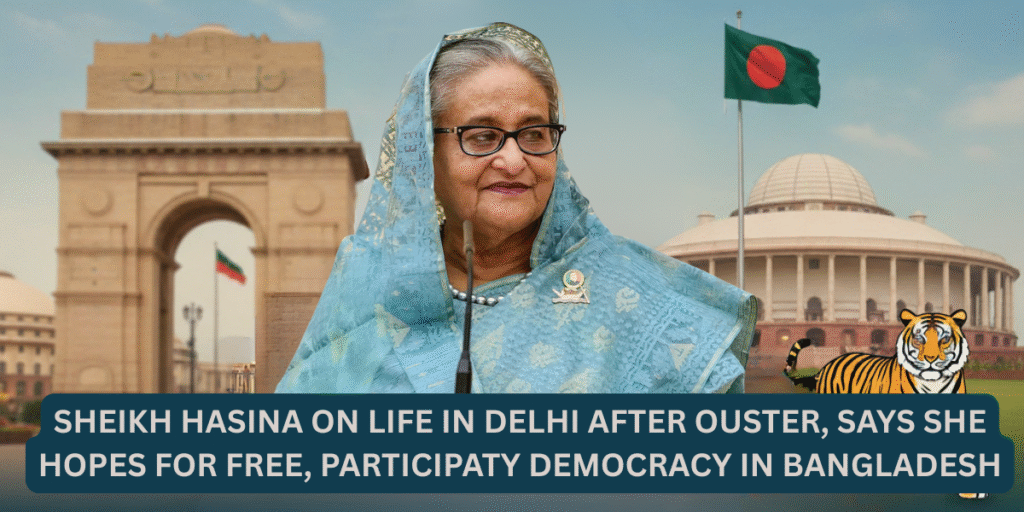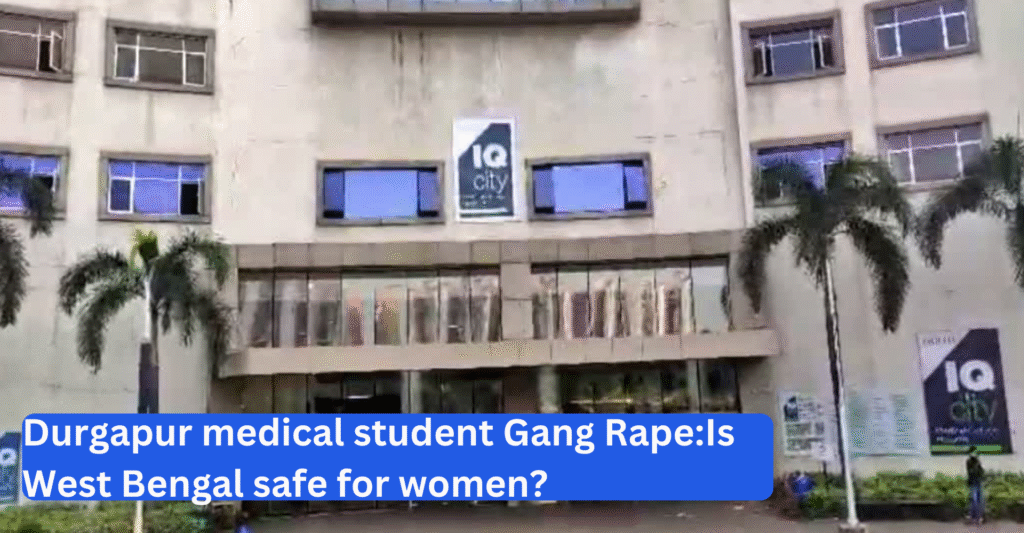
Quick reads
- Sheikh Hasina told NDTV she is “deeply grateful” to India for offering refuge after her ouster and is living in Delhi.
- Hasina fled Bangladesh during mass unrest last year and has since remained in India while contesting charges and political changes at home.
- She says her return depends on conditions in Bangladesh, chiefly free, fair, inclusive elections and participatory democracy.
- NDTV’s interviews and related coverage note that Hasina denies wrongdoing and has framed recent actions against her as politically motivated.
Living in Delhi: gratitude, caution and a demand for democratic conditions
Sheikh Hasina, the long-time Bangladesh leader who left Dhaka amid a violent student-led uprising and returned to India, told NDTV she is “deeply grateful” to the Indian government and people for providing temporary refuge and hospitality. She stressed the historical, cultural and security ties between the two countries while saying Bangladesh’s future must be decided by its own people.
Why she won’t return yet: democracy, safety and legal battles
Hasina has been careful to link any return to concrete political conditions in Dhaka. In separate comments reported to news agencies, she has said she will come back only when elections are genuinely participatory and her party, the Awami League, is allowed to contest. Meanwhile, she faces legal cases and has denied wrongdoing; court proceedings and an upcoming verdict have added urgency and uncertainty to her situation.
The regional angle
New Delhi’s hosting of Hasina places it in a delicate diplomatic position. India publicly emphasises respect for sovereignty and regional stability, while managing humanitarian, bilateral and security concerns. Observers note the move complicates ties with Dhaka’s interim authorities, and broad public and media commentary has flagged the political and strategic trade-offs for both capitals.


